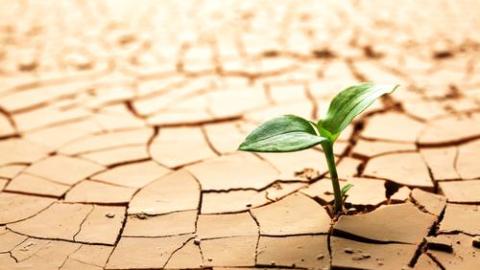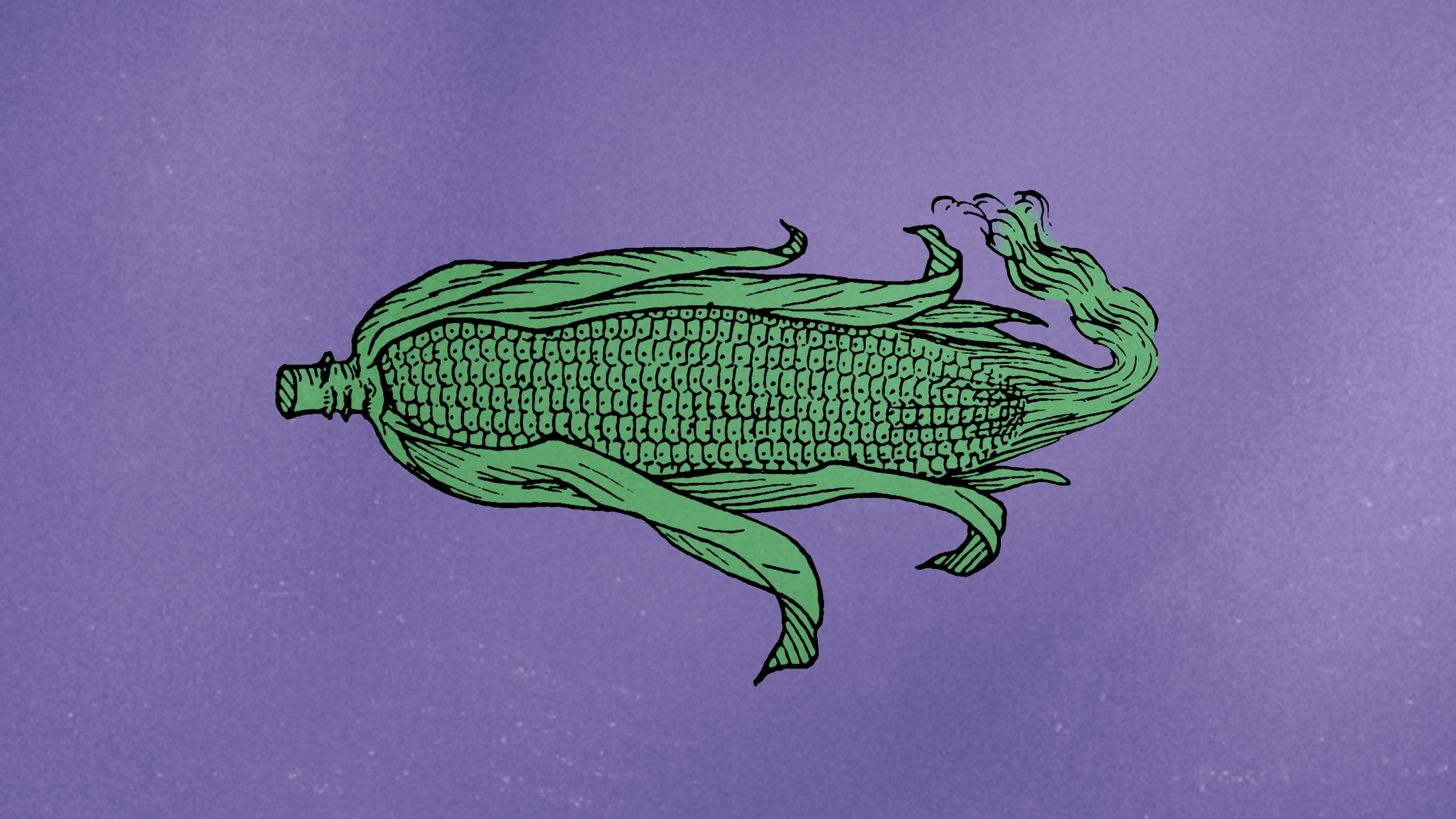Making Drought Resistant Crops

What’s the Latest Development?
By altering a plant’s hormones, scientists have discovered a way to make crops more resistant to drought. Drought resistance is a natural response in plants that involves the production of abscisic acid, a stress hormone which guards leaves against water loss and reduces plant growth to slow water consumption. A team of scientists at the University of California, Riverside, have found a way to switch on plant receptors that produce the beneficial hormone.
What’s the Big Idea?
If the laboratory work at Riverside can be transferred to the field, the gains could be substantial. Drought resistant crops could help fight hunger by allowing rain-scarce regions to produce more food. The discovery of abscisic acid in 2009 was heralded as one of the year’s major scientific advances due to the importance of the hormones in helping plants cope with stress. Crops that are able to resist drier conditions could also help populations better adapt to climate change.
Photo credit: shutterstock.com




